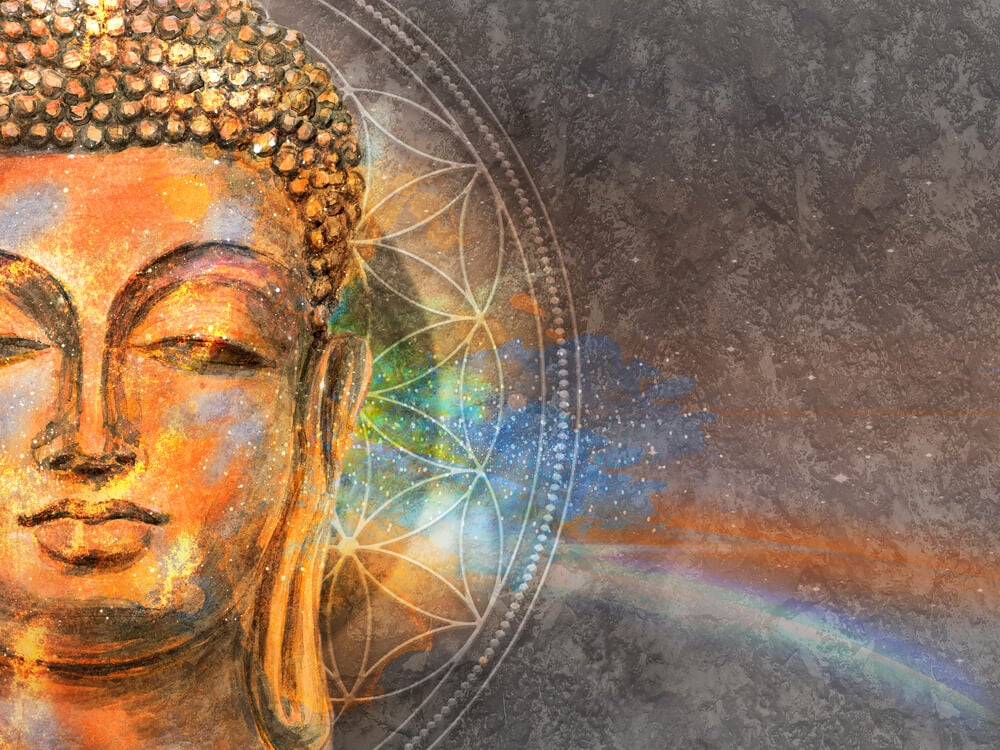Love according to Buddhism is totally different from love according to the West, in the first context it is defined as a pure feeling that is given to another living being in a selfless way, also feeling an absolute well-being knowing that it has not caused pain or suffering to anyone, but has collaborated to generate joy in the other.
In the West, love is an ambivalent concept that requires the presence of the other, reciprocity and belonging; it can be considered ambivalent because, although it requires on the one hand the satisfaction of the desire of others, on the other, no less important, it focuses on the self. Therefore, we are talking about a love that is “less selfless. “
- Here we find two concepts that.
- In the words of Sigmund Freud.
- While the object of love seeks to be protected.
- Must also be preserved as its own and can be the target of crimes and denunciations for being separated from itself.
This is because the impulses of life and death have a dialectical relationship with each other; it is not possible to conceive of love outside of hate; precisely, according to psychoanalytic theory, the impulse of life, which seeks to unite and preserve, is linked to the impulse of death, which seeks to destroy and separate. Both have the property to feed naturally.
Love according to Buddhism has nothing to do with the conception established in the West, in fact, one of its fundamental characteristics is the ability to feel compassion for the other, in this way all living beings must be absolutely respected.
On the other hand, the Buddhist conception establishes that the intention of love must be equal to faith, which seeks to enlighten, which would also release the suffering that surrounds Western love, it is a real will to do good in relation to the other, to share energy and clean resources.
Love according to Buddhism is characterized by kindness and benevolence, but without having to hold on to the person, which is undoubtedly what in retrospect makes you suffer. To practice love according to Buddhism, you don’t need to hold on to anything, because it’s an impossible task: nothing stays static, everything changes and changes.
The doctrine states that happiness and fullness reside only within and can only be shared from this place, but never in its entirety: dependence is not part of its philosophy.
Love according to Buddhism assumes that it is inexhaustible, since the energy it offers belongs to the cosmos and not to the individual himself, if love does not have the aforementioned characteristics, Buddhism establishes that there is a selfish projection of one’s needs.
“The teachings on love offered by the Buddha are clear, scientific and applicable. Love, compassion, joy and equanimity are the very nature of an enlightened person. Are the four aspects of true love in ourselves and in everyone? and each other? -Thich Nhat Hanh-
Truly rejoice in each other, without suspicion, is another characteristic that would define true love, which must finally be balanced and mesurized, so that it does not convulse the soul and become an addiction.
Understanding true love for another human being from an oriental perspective is perhaps a difficult task, for all the cultural background we receive and naturalize throughout life, however, trying to practice it is a great way to enjoy all that we can offer.

